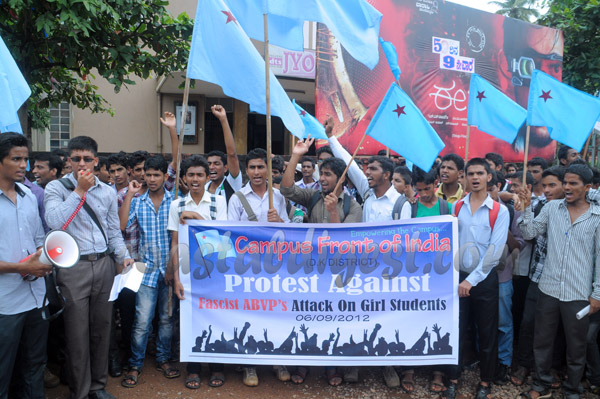
Mangalore, September 6: Dozens of students on Thursday formed a human chain under the banner of Campus Front of India (CFI) at Ambedkar Circle in the city disrupting traffic flow for a few minutes to register their protest against manhandling of a college girl by Akhil Bharatiya Vidyarthi Parishad (ABVP) activists.
The protesters raised slogans against saffron outfits and demanded to the government to take necessary measures to punish the culprits, who assaulted a final year BA girl inside the campus of Dr. Shivaram Karanth Government First Grade College, Bellare, in Sullia Taluk on Tuesday afternoon for not participating in the college bundh and agitation organised by ABVP and Youth Against Corruption demanding the resignation of Prime Minister Manmohan Singh in the wake of the alleged coal block allocation controversy.
In a media release issued by Dakshina Kannada district unit of CFI, stated that the fresh assault on a Muslim college girl by ABVP activists was part of the heir communal agenda.
Recalling the ill-famous 2009 Mangalore pub attack by Sri Ram Sena activists and recent homestay attack by Hindu Jagaran Vedike, the release said that the ABVP also a part of Sangh Parivar, which intend to spread hatred in the society.
Meanwhile, the National Students Union of India?and Congress party also have condemned the attack on Muslim students and demanded arrest of the culprits. They also have threatened to hold a protest in Sullia on September 7 if police failed to take action against the accused.
Based on a complaint given by the girl, who was hospitalised after being attacked by ABVP activists, Sullia police registered a first information report against the accused on Wednesday and launched an investigation. The complainant said that her sleeves were torn, her scarf forcibly removed, and she was pushed around and beaten by the ABVP activists.
On the other hand, a counter-complaint was filed by the accused. Six of the accused also admitted themselves to the hospital, though doctors discharged them immediately saying they did not have any injuries, police sources said.
Related: ABVP activists manhandle Muslim girl in Govt College
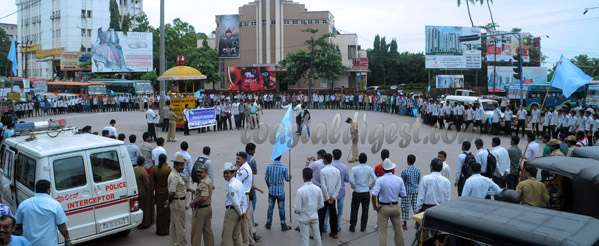
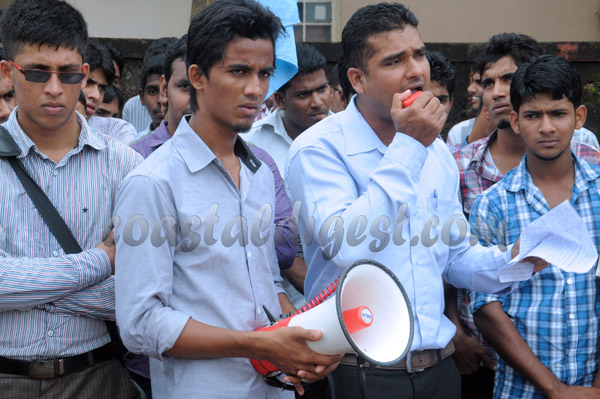
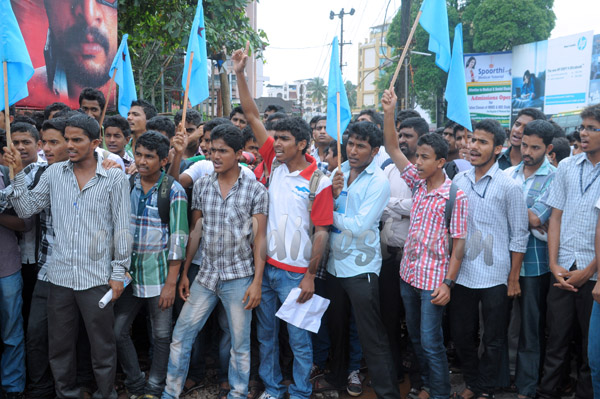
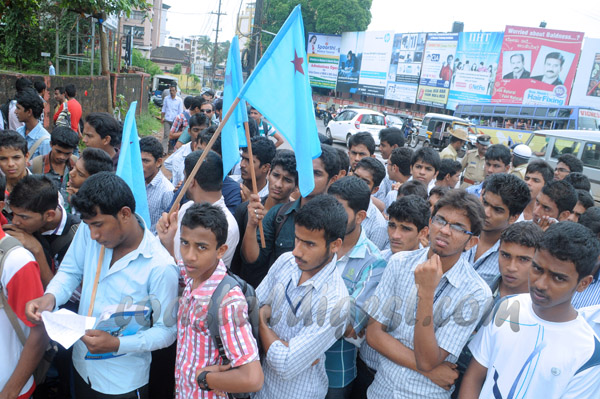
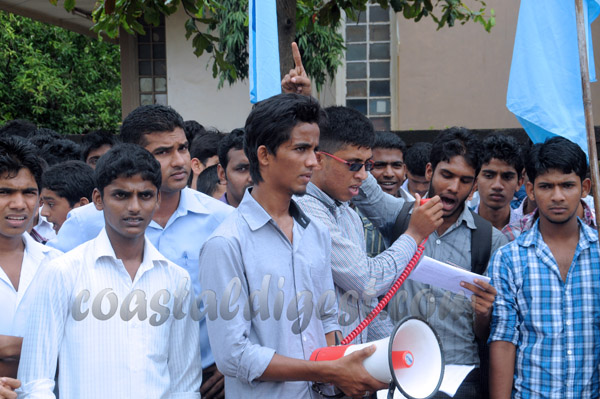
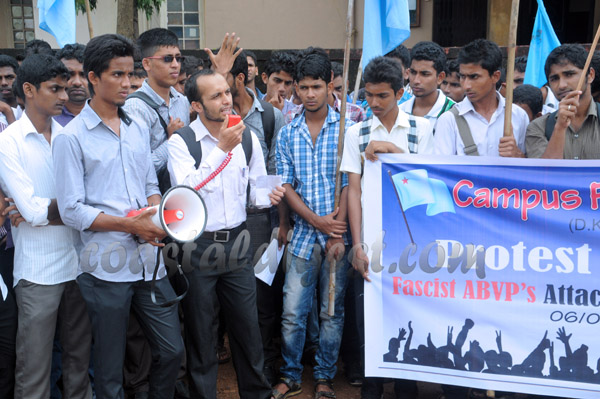





Comments
Add new comment